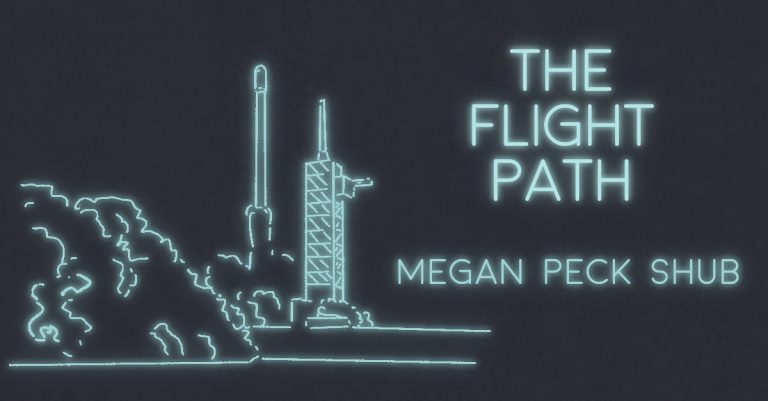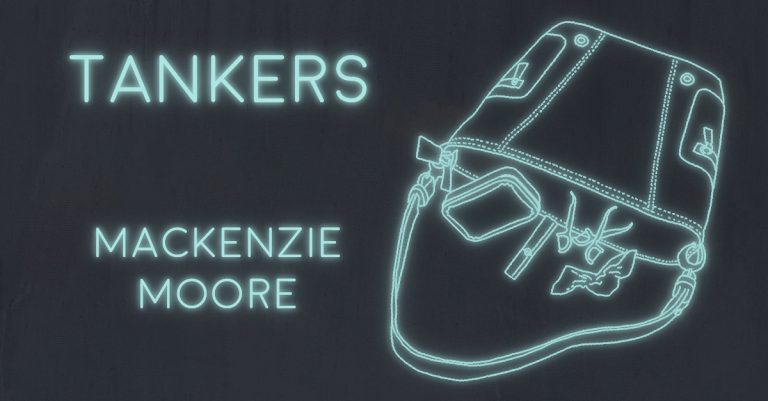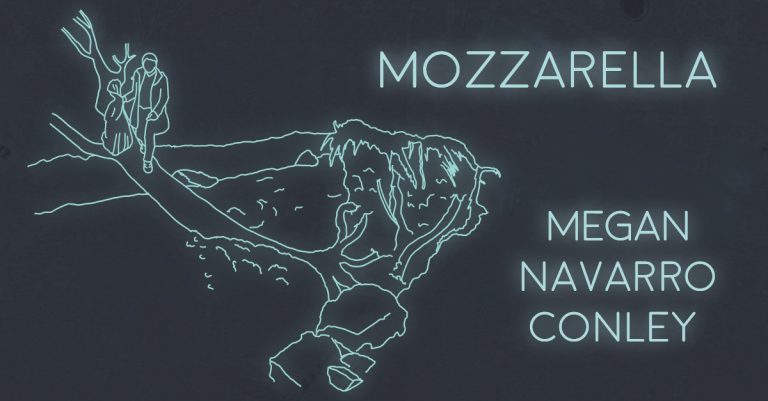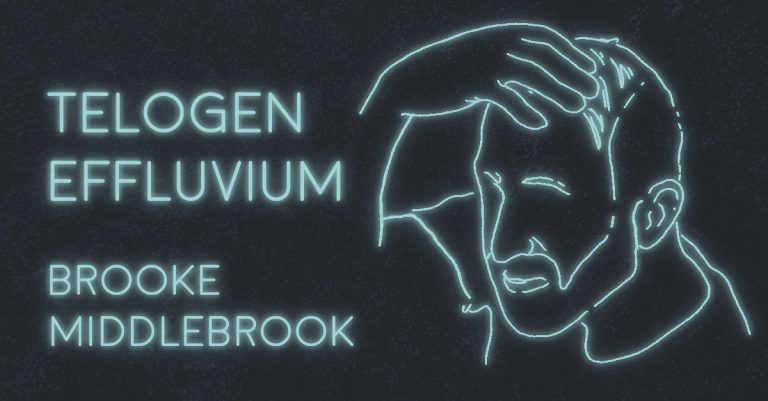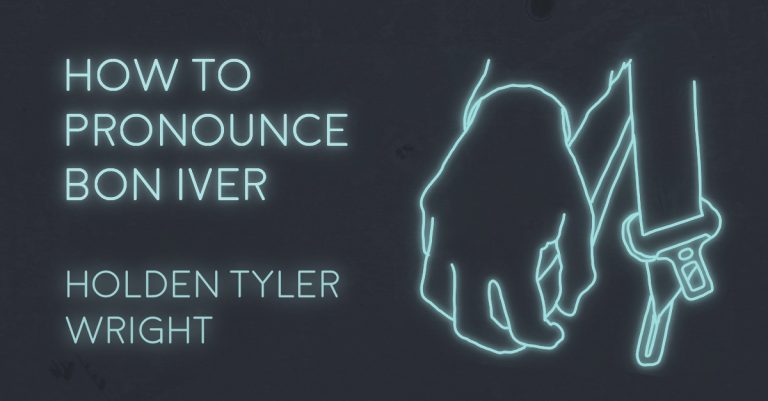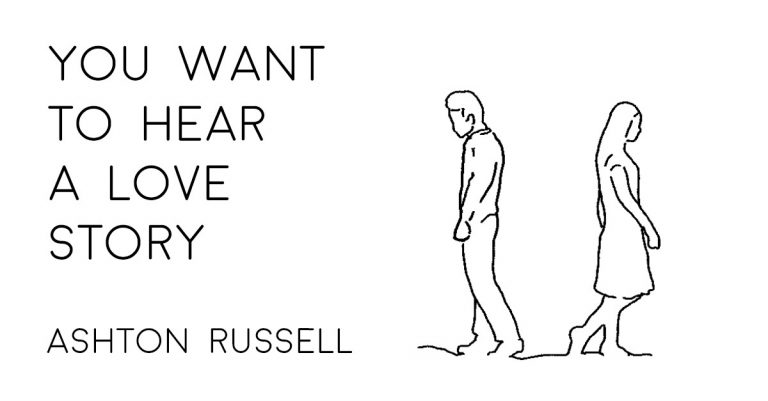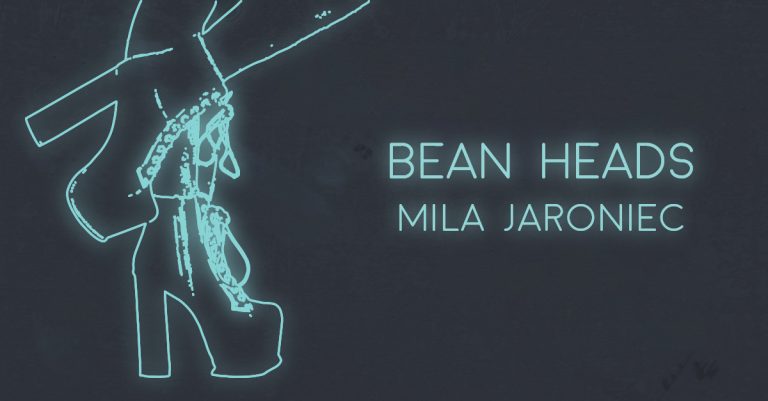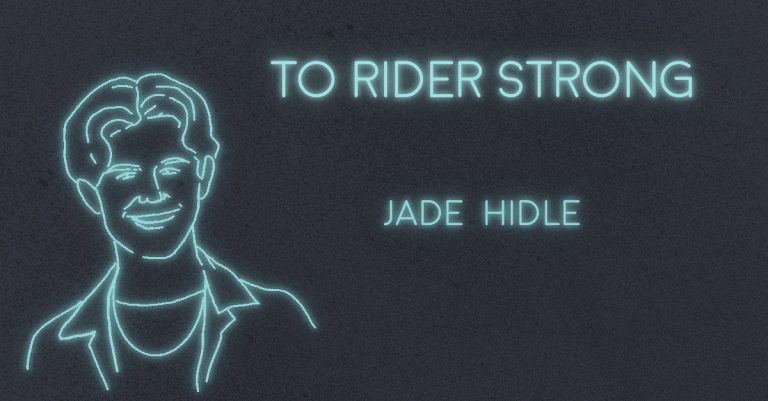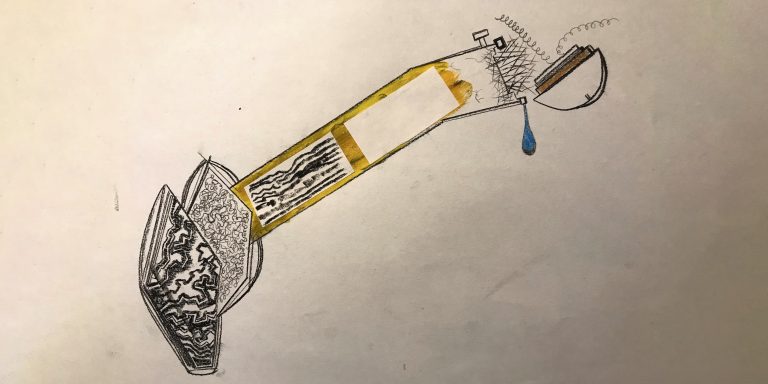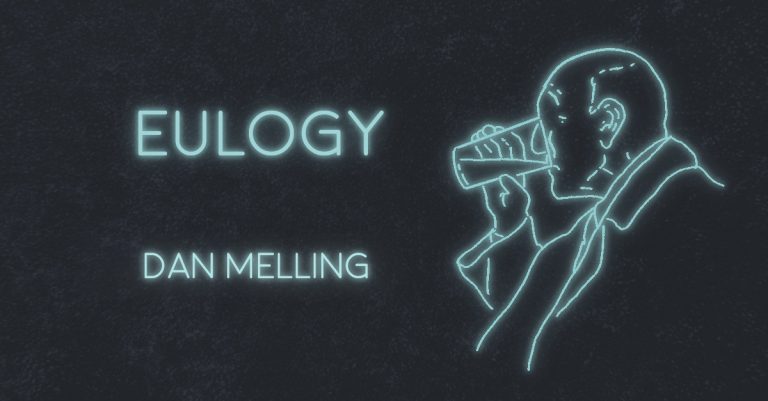
EULOGY by Dan Melling
Derek came in sad-faced because Alastair’d died, said, Alastair’s dead, but I’ve not worked in seven months because the pub’s been closed, so I said, Who’s Alastair? Derek’s face got sadder, said Big Alastair, with the jewelry and I remembered him. He was a dickhead. I said, Oh yeah, and got Shelly over to talk to Derek, but Shelly wouldn’t care either. Alastair was a dickhead who always wore two watches and two thick gold chains and a ring on each finger and whistled when he wanted a pint and one time slapped a girl’s arse as she walked past.

